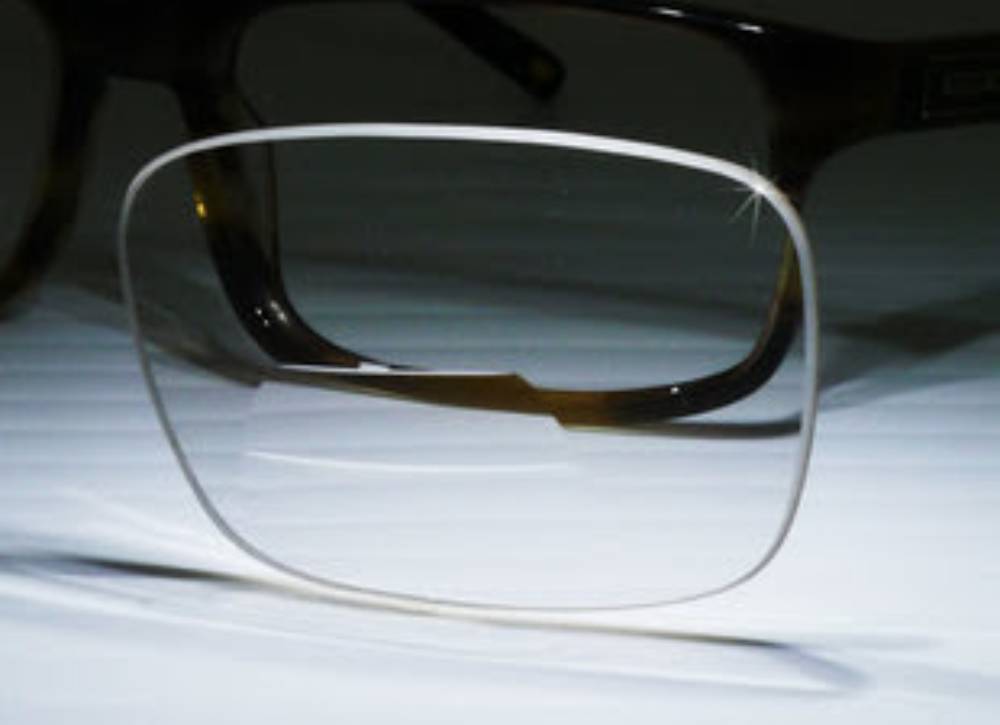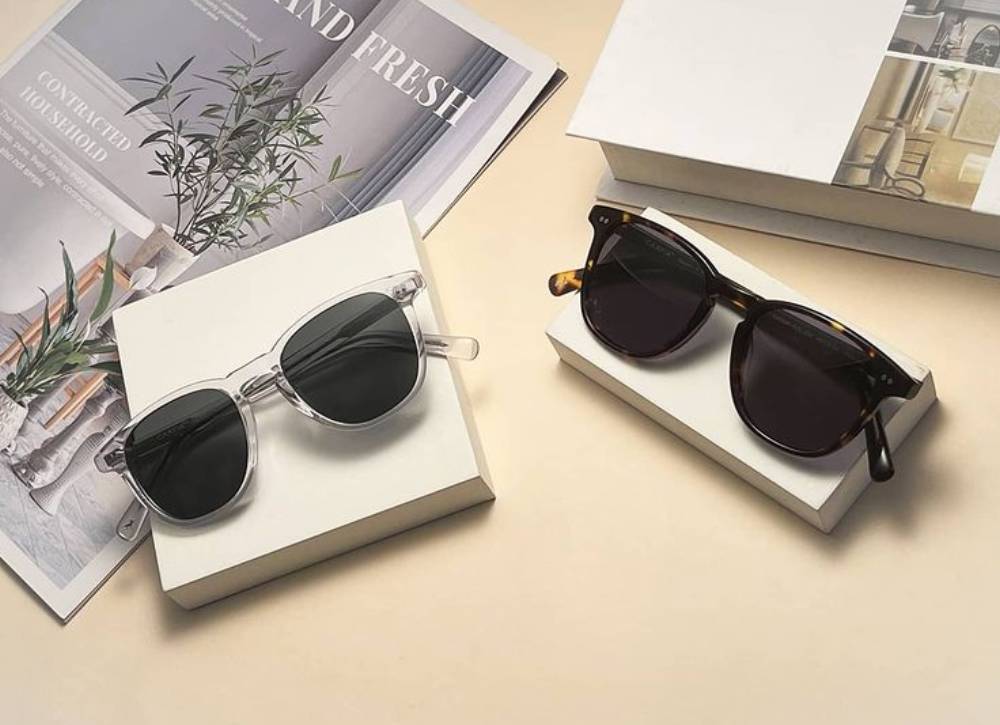As is well known, there are a lot of lens materials available in the glasses market, such as polycarbonate or plastic. When you want to choose a pair of glasses, you need to consider the pros and cons of the lens materials. They vary in weight, flexibility, thickness, scratch resistance, and so on.
Different lens materials can also affect your vision and appearance. So, it is important for you to make the right decision and choose a pair of right glasses.
So, in this post, we will focus on the polycarbonate lens and the plastic lens. In the following section, you can find some detailed information.
What Is Polycarbonate Lens?
Polycarbonate was developed in the 1970s for aerospace applications and is currently used for the helmet visors of astronauts and for space shuttle windscreens. Polycarbonate lenses were introduced in the early 1980s in response to a demand for lightweight, impact-resistance lenses. Since then, polycarbonate has become standard for safety glasses, sports goggles, and children’s eyewear.
Polycarbonate glasses are thinner and lighter than regular plastic lenses. They provide 100% UV protection and are up to 10 times more impact-resistance than plastic or glasses lenses. Polycarbonate glasses also offer clearer and more comfortable vision if an anti-reflective coating is applied to the lenses, which can eliminate distracting lens reflections that interfere with vision, particularly when driving at night or in other low-light conditions when glare sources are present.
However, polycarbonate lens is a naturally soft material, making it more subject to scratching without adequate protection with a scratching-resistant coating. Polycarbonate glasses have high dispersion due to its low Abbe value of 30, causing chromatic aberrations.
What Is Plastic Lens?
In the above part, we have introduced what polycarbonate lenses are. In this section, we will show you what the plastic lens is.
The plastic lens was first introduced in 1947. Since then, plastic has become a popular and widely used material for making eyeglasses lenses. Since the introduction and use of plastic lenses, it has sealed its mark as the most preferred choice in the optical industry.
Plastic lenses are light. With this feature, plastic lenses are popular because they will not be heavy inside the glasses frame and permit for an easy fit in any type of glasses frame. In addition, plastic glasses are cheap and easy to obtain in desired amounts. So, they are affordable for most people. Plastic lenses are very durable. So, they do not shatter easily on impact which makes it a great choice for individuals who are active or tend to drop their glasses often.
However, compared with other lens materials, plastic lenses are usually thick due to their low index of refraction. The soft feature of plastic glasses makes them susceptible to scratching from a sharp object and why scratch-resistant coating is applied to form an additional protective layer. Plastic lenses do not provide ultraviolet protection.
Polycarbonate vs Plastic Lenses: Which One Is Better?
From the above information, you may have learned some features of polycarbonate glasses and plastic lenses. So, do you know which one is better?
Here are some a few differences between both lenses to determine which one is better.
- Polycarbonate lenses are more expensive than plastic glasses.
- Polycarbonate lenses are very resistant to tint compared with plastic lenses which accept tints.
- Polycarbonate glasses have inherent UV protection, while plastic lenses do not have.
- Polycarbonate glasses have higher impact resistance and offer greater protection than plastic lenses.
- Polycarbonate glasses are lighter than plastic glasses.
- Plastic glasses have a higher optical clarity than polycarbonate lenses.
So, from the above part, you may have learned which one is better and you may have a decision of how to choose.
In conclusion, this post from Koalaeye Optical has introduced what polycarbonate glasses and plastic lens glasses are. If you have any different ideas for polycarbonate lens vs plastic, you can share them in the comment zone. If you have any problems with glasses or sunglasses, you can contact us via the email service@koalaeye.com and we will reply to you as soon as possible.





































